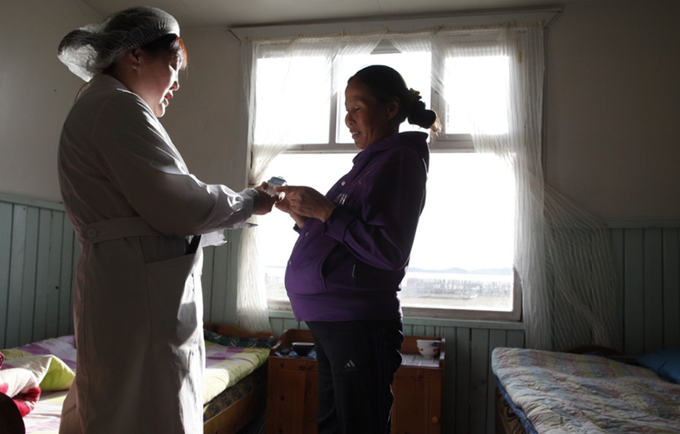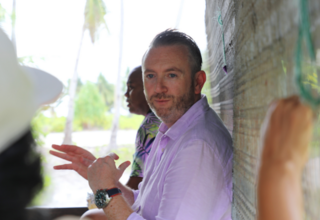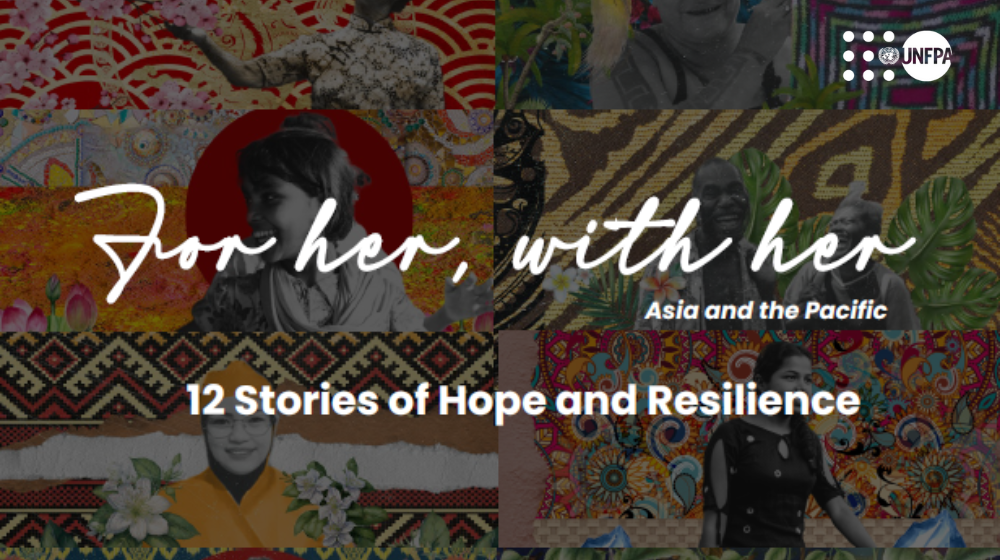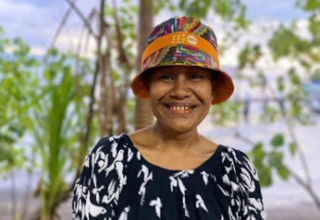"Through COVID, conflict, and climate disasters, midwives stand by women — often with few resources or facing discrimination, sexual harassment, and unequal pay. Courageous midwives are out on the humanitarian front lines, risking their lives to shield women in the toughest of circumstances." said Dr. Natalia Kanem. The Executive Director of the United Nations Population Fund (UNFPA) joined more than 2,300 midwives, maternal health advocates, and healthcare professionals from around the world, at the 33rd International Confederation of Midwives (ICM) Triennial Congress in Bali, Indonesia. The meeting addressed critical issues in maternal health care and highlighted the indispensable role of midwives in saving lives, including during humanitarian crises.
This collection of photos and stories celebrates just a few of the incredible midwives saving lives in the Asia-Pacific region.
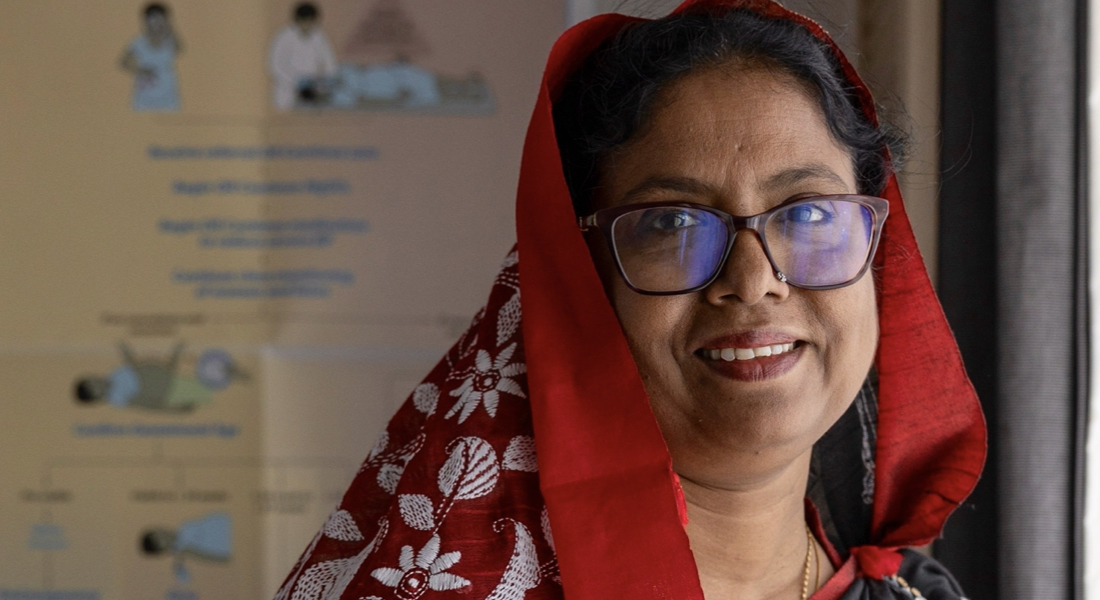
Bangladesh: “In 2004, I was pregnant,” says Jesmin Akther, a member of the Midwifery Faculty, at Dhaka Nursing College. “At that time. I had an intrauterine death. I understand what type of pain a mother feels when she loses her baby. All of my family members understand very closely what type of pain that is. I still feel pain. If we lose any baby, that is the same pain that mother is feeling. Since then, I've been thinking how we can make sure no other mother will feel this type of pain. This is what motivates me.” Jesmin is part of the Alliance to Improve Midwifery Education (AIME), which is a global alliance to improve the quality of training, education and professionalisation of midwives. AIME was established by UNFPA, in partnership with ICM, WHO, UNICEF, Liverpool School of Tropical Medicine, Jhpiego, Laerdal Global Health, other global partners and supported by the Johnson and Johnson Foundation. ©UNFPA/Luke Duggleby READ MORE
"I understand what type of pain a mother feels when she loses her baby. How we can make sure no other mother will feel this type of pain?"
Jesmin Akther, Bangladesh
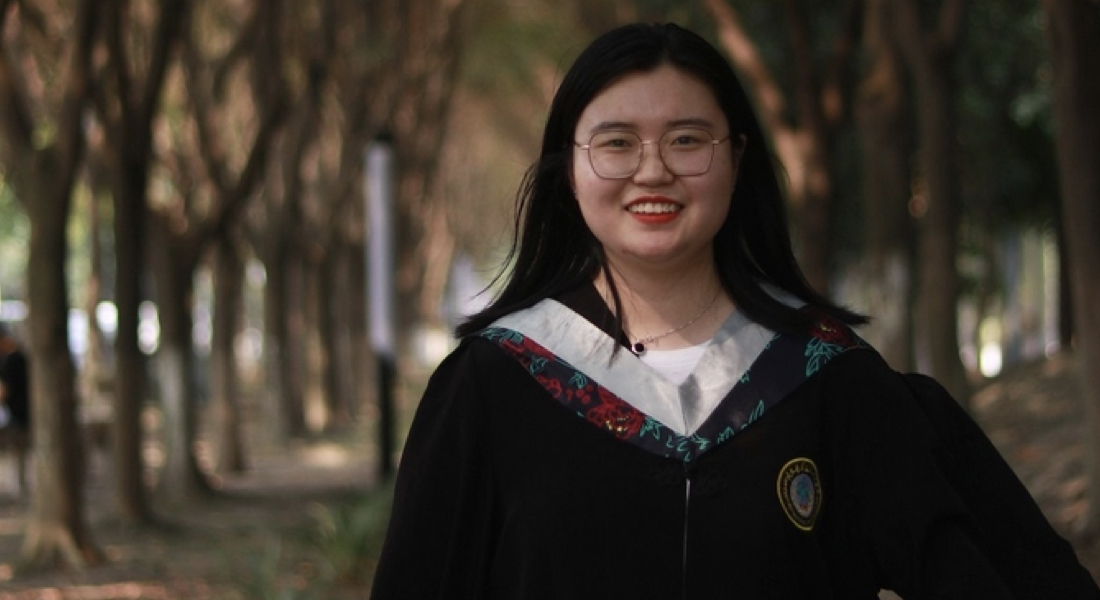
China: “I felt trusted, she really needed me,” says Mingxin. Zhu Mingxin is a midwifery undergraduate student from the West China School of Nursing, Sichuan University and now a midwife in Chengdu. She shared her experience comforting a young mother in the first weeks of her work as a midwife. The mother was in her mid-twenties, having her first baby, and held Mingxin's hands tightly and asked anxiously, “Are you going to stay with me?" Mingxin stayed with her throughout the labour and helped her stay calm until she delivered her baby. Being able to support this woman as a medical professional and as a friend, motivates Mingxin to continue working as a midwife and to help more women through their deliveries. ©UNFPA China READ MORE
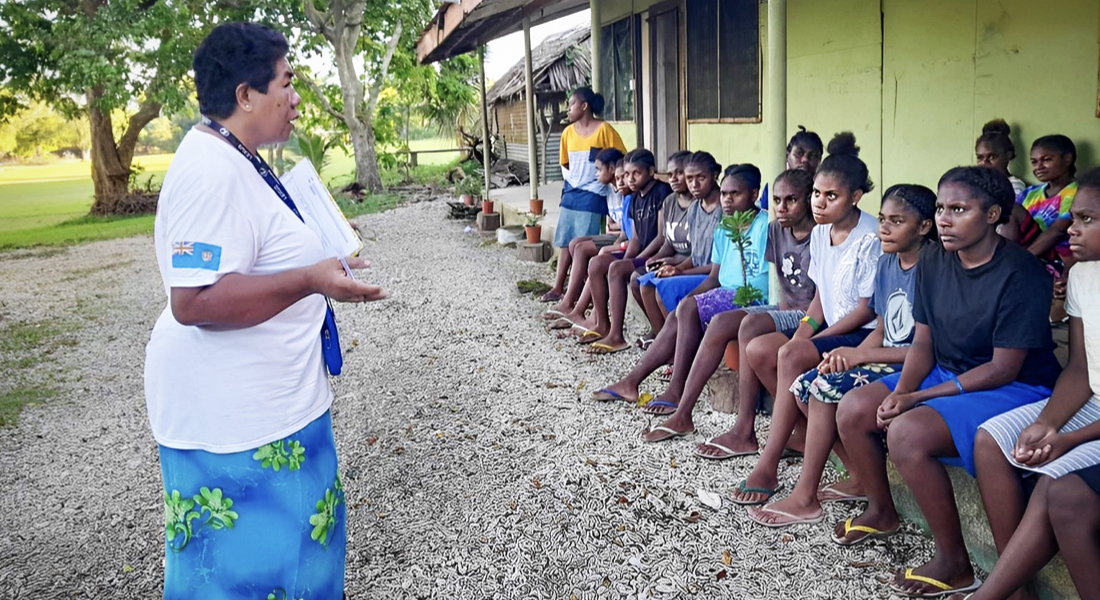
Vanuatu: "When I was distributing the menstrual hygiene kits to the students, I noticed a 15-year-old girl named Elisa with tears streaming down her face," Midwife Kinisena Bolalevu says. "I asked her why she was crying and she shared with me that she was simply overwhelmed with gratitude. She confided in me that she had never been educated about menstruation before. Each month, she isolated herself and bathed in the river, confused and scared, thinking something was wrong with her. I made it a point to reassure her that menstruation is a completely natural and healthy process. It's a part of the changes a young girl's body goes through as she transitions from childhood to adolescence and puberty." Kinisena conducts outreach sessions at Burumba school on Epi Island following the deviation of twin cyclones that hit Vanuatu in March 2023. The sessions focus on providing menstrual hygiene education, discussing bodily changes and autonomy, gender-based violence, and the repercussions of teenage pregnancy. ©Kinisena Bolalevu READ MORE
"I asked the girl why she was crying and she shared with me that she was simply overwhelmed with gratitude. She confided in me that she had never been educated about menstruation before."
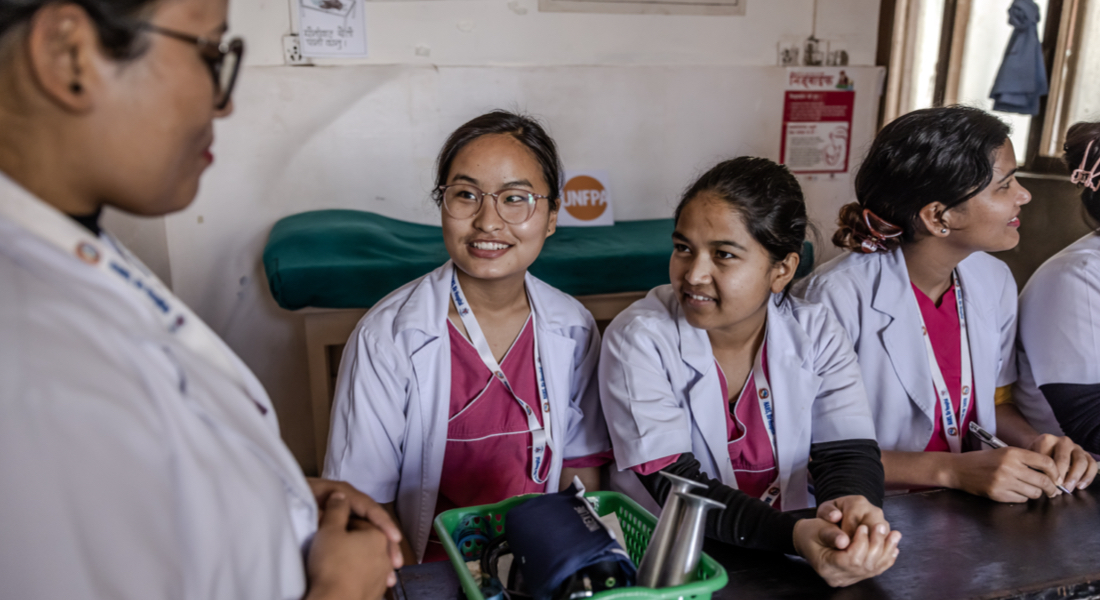
Nepal: “I like engaging directly with mothers and new-born babies,” says midwife Rojina Lamichhane (left). “I know that my role is important in someone’s life from when they conceive until they become mothers. It pushes me to do better when mothers specifically ask for me, even after one year of delivery, and want me to attend to their questions. This is a relationship of trust that I have formed with mothers, and it inspires me.” After attending over 100 births, she continues to marvel at putting into practice what she learnt as a student on the course. But the big change for her is in how to approach patients. “Midwifery teaches you to be kinder to mothers and babies, and you learn how to build a relationship with your patients. You have to be devoted to your work and your patients.” Rojina is one of 20 students in her year who are part of a UNFPA-supported programme to encourage the growth of a cadre of professional midwives to support the environment for safer births in Nepal. Since the introduction of the course in 2016, there are now five universities offering the course. ©UNFPA Nepal/Luis Tato READ MORE
"I don't want any mother to suffer losing their baby in the most precious moment: that's why I became a midwife.”
Nasrin Khatun, Bangladesh
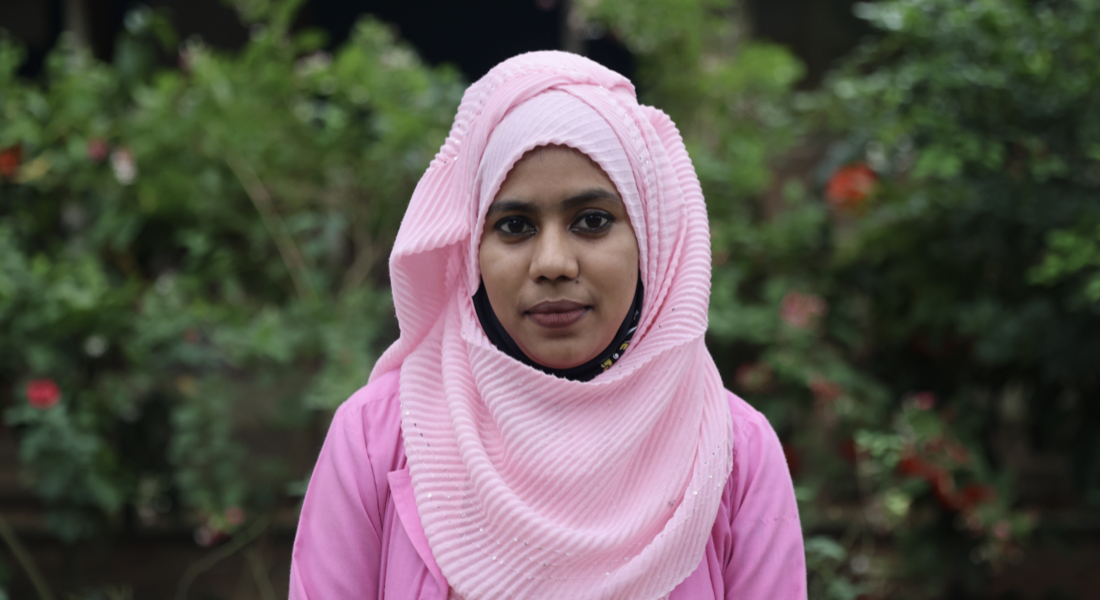
Bangladesh: “My elder sister had two miscarriages before her third child,” says Nasrin Khatun. “In that time she suffered from the lack of an expert midwife in the health facility. That accident in the family I witnessed directly, and it changed my mind totally. I don't want any mother to suffer such a thing in their most precious moment: that's why I became a midwife” Nasrin is a midwife at the Hope Field Hospital supported by UNFPA in Cox’s Bazar refugee camp. She helped a mother give birth while cyclone Mocha ravaged the camp in May 2023. “The mother held my hands and thanked me with full heart and prayed for me to the almighty. This is the kind of moment that inspires me more about being a midwife and I realise I never made a mistake by taking this as a profession.” ©UNFPA/Fahim Hasan Ahad READ MORE
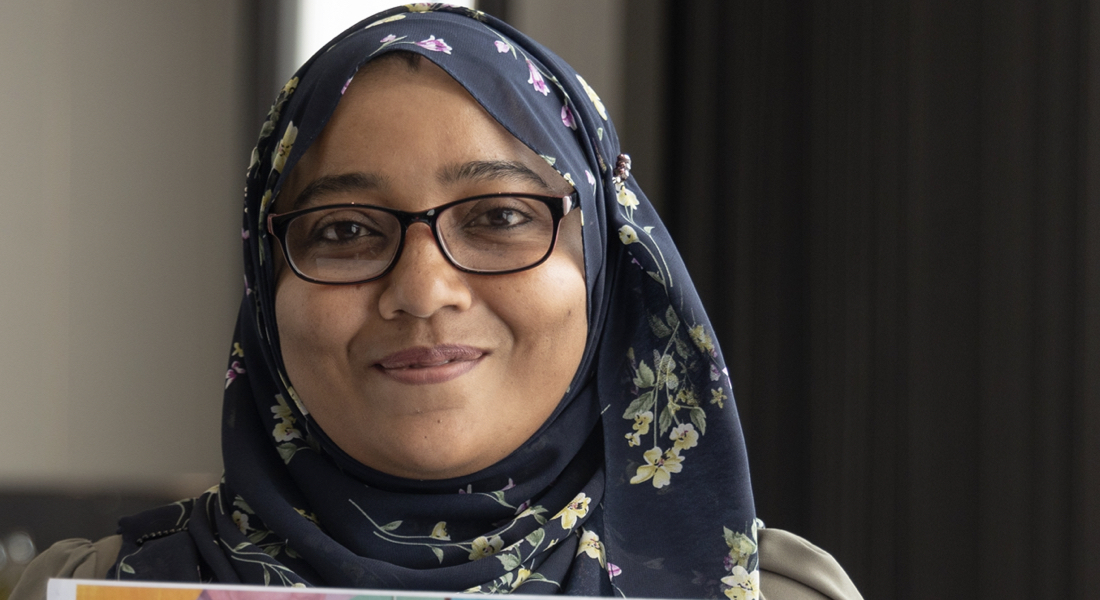
Maldives: “I am proud to support midwifery education,” says Aminath “because each competent midwife can save thousands of lives of women and their babies.” Aminath Nahood is a nurse and midwifery educator from the Maldives. ©UNFPA/Luke Duggleby
"Each competent midwife can save thousands of lives of women and their babies.”
Aminath Nahood, Maldives
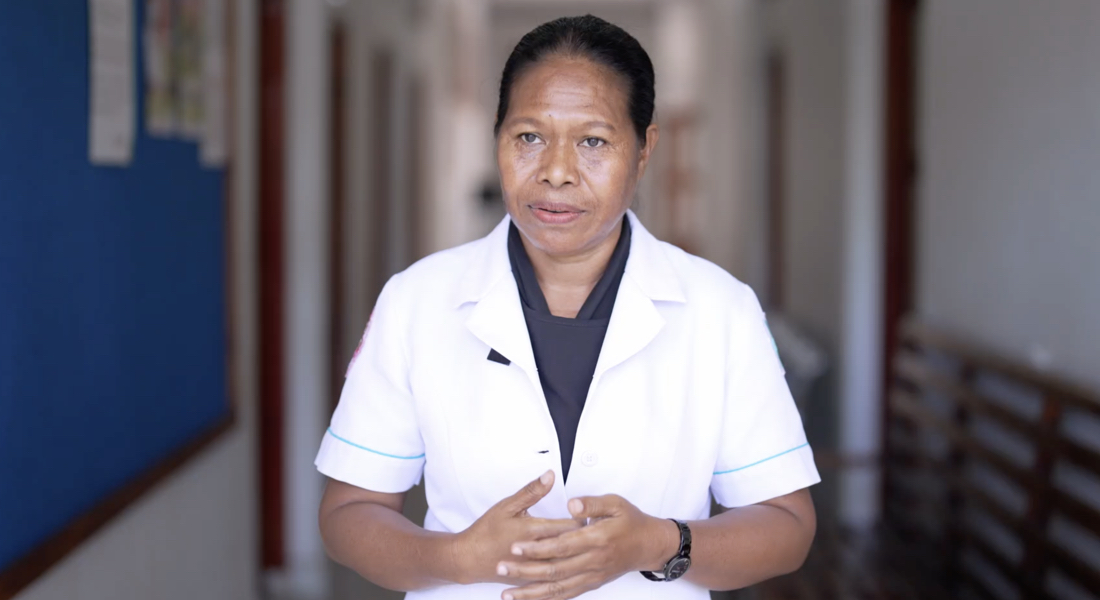
Timor-Leste: Dulce dos Santos is a midwife in a country with the highest maternal mortality rates in Southeast Asia. Dulce was trained in Basic Emergency Obstetric and Newborn Care (BEmONC). “I learned skills to identify and manage emergency cases, normal births, abnormal births, retained placenta, placental abruptions, babies with asphyxia or respiratory problems that require resuscitation. Dulce says prior to her training, there was a lack of basics like delivery sets or resuscitation equipment. Since 2018, 118 trainees have benefited from Emergency Obstetric and Newborn Care (EmONC) training facilitated by the Ministry of Health through National Health Institute (INS) with technical support from UNFPA. ©UNFPA Timor-Leste WATCH THE VIDEO
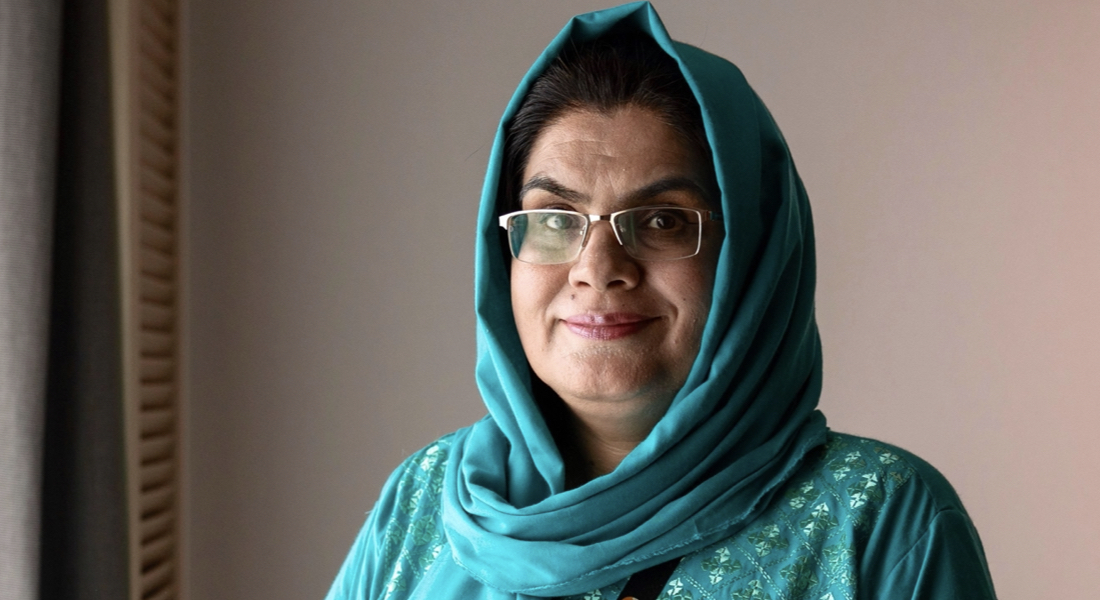
Afghanistan: “The midwife is the frontline health provider,” says Dr Fahat. “If midwives are trained by international standards, they will avert 75-76% of all maternal deaths and more than 60% of newborn deaths. We need to invest in midwives to promote and improve the skills and knowledge. Learning is an ongoing process: every day there’s new knowledge and this needs to be updated. Midwives should have a continuous education to improve their skills and competencies. We should work to improve the competency of midwives and to provide high-quality healthcare to mothers and children.” Dr Fahat helped set up UNFPA’s Midwifery Helpline that offers remote mentoring to midwives in Afghanistan, 24 hours a day, seven days a week. Launched in 2016, the toll-free number is staffed by two gynaecologists and two midwives who provide counselling, referrals and step-by-step instructions to lead health practitioners through complex, and at times life-threatening, procedures. The line receives more than 30 calls a day, some 80 per cent of which are from midwives working at UNFPA’s 350 Family Health Houses across the country. ©UNFPA/Luke Duggleby READ MORE
"Learning is an ongoing process: every day there’s new knowledge and this needs to be updated. Midwives should have a continuous education to improve their skills and competencies."
Dr Fahat, Afghanistan
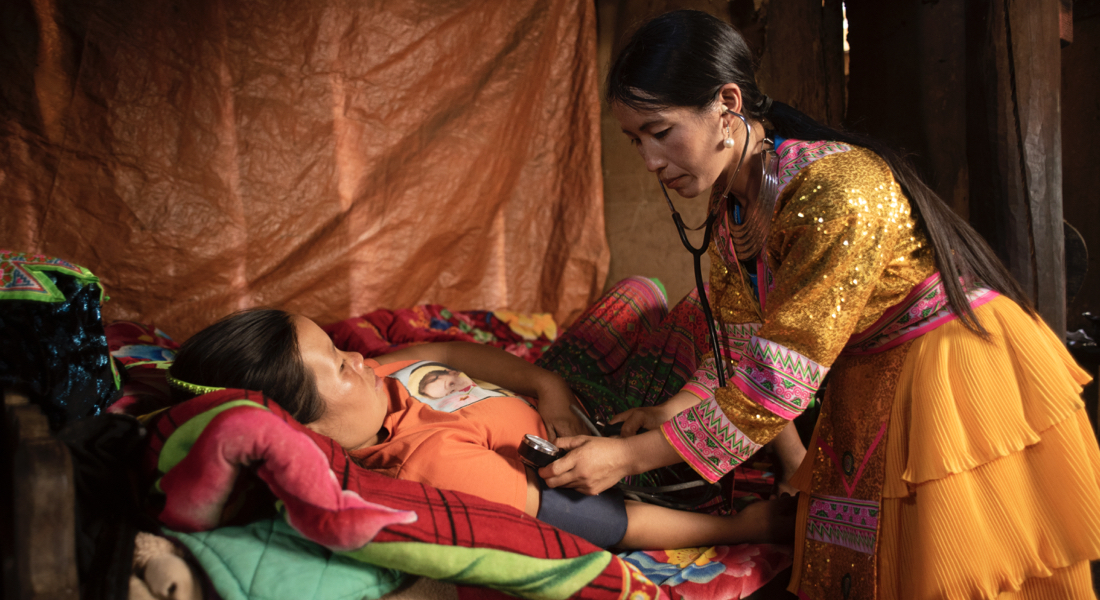
Viet Nam: Ethnic midwife Sung Thi Cua during house-to-house visits to pregnant women who plan to deliver at home. Despite progress, giving birth in Viet Nam remains risky for many women and their babies. Inadequate and limited access to health care during pregnancy, childbirth and early childhood means 600 maternal deaths and more than 10,000 neonatal deaths are recorded in the country each year. ©UN0765093/Ho Hoang Thien Trang
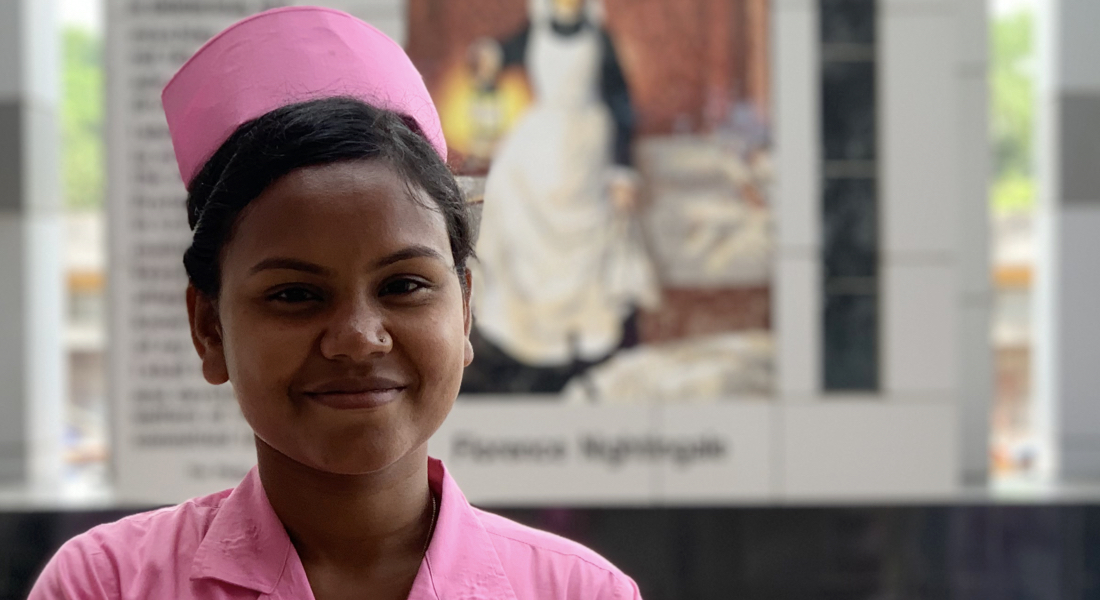
Bangladesh: "In my neighbourhood, the usual age of marriage for a girl is ten to twelve,” says Minoti Marm. She is a midwife from the Santal indigenous community in a marginalised district of Bangladesh. “There are a lot of adolescent pregnancies in my community. A few years ago, childbirth was ridden with rituals which forbade women from giving birth in their homes or in the presence of loved ones. Labouring mothers were made to lay in uncomfortable straw beds to give birth with the assistance of a local birth attendant. The mother and newborn baby were prohibited from entering the house for seven days after birth." Despite social norms against female education, Minoti completed her primary education and was awarded a scholarship to do a midwifery diploma. ©UNFPA Bangladesh/Ferdous Alka READ MORE
"I knew from my heart that I had to become a midwife because there were so many mothers and babies depending on me.”
Gilbert Gei, Papua New Guinea
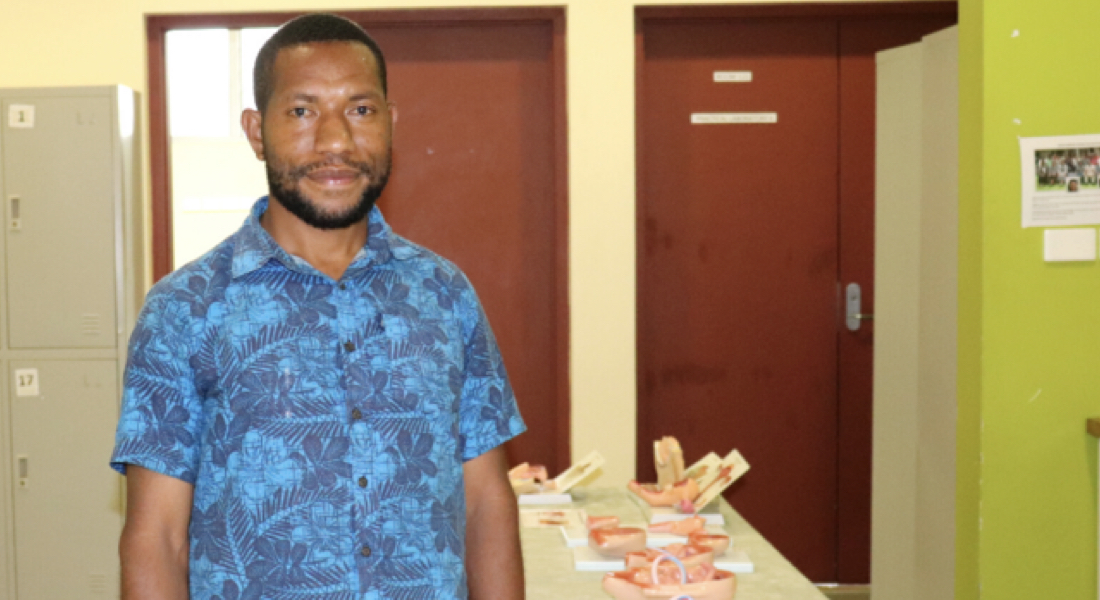
Papua New Guinea: “It is not a common sight for a man from my culture to be a midwife and deliver babies because it is seen as a woman’s job,” says Gilbert. “But working as a nurse in the labour ward, I have seen firsthand the importance of a midwife and the role they play in saving a mother and a baby’s life.” Gilbert Gei completed his nursing studies at Goroka Nursing College in the Eastern Highlands in 2020 and returned home to Hela province, to work in one of the most remote district hospitals. “The lone midwife we had at our district hospital unfortunately passed away, and there was a huge void that she left,” Gilbert says. “I knew from my heart that I had to become a midwife because there were so many mothers and babies depending on me.” ©UNFPA Papua New Guinea READ MORE
Learn more
Hold on a Minute Podcast: Midwives Save Lives
The Time is Now: Collective Investment in Midwifery for a Healthier, Safer World
Ending preventable maternal deaths in Asia and the Pacific
The State of the World’s Midwifery Report - 2021
Global Standards for Midwifery Regulation
Policy Brief: Quality Midwifery Education needs to address Minimum Global Standards
